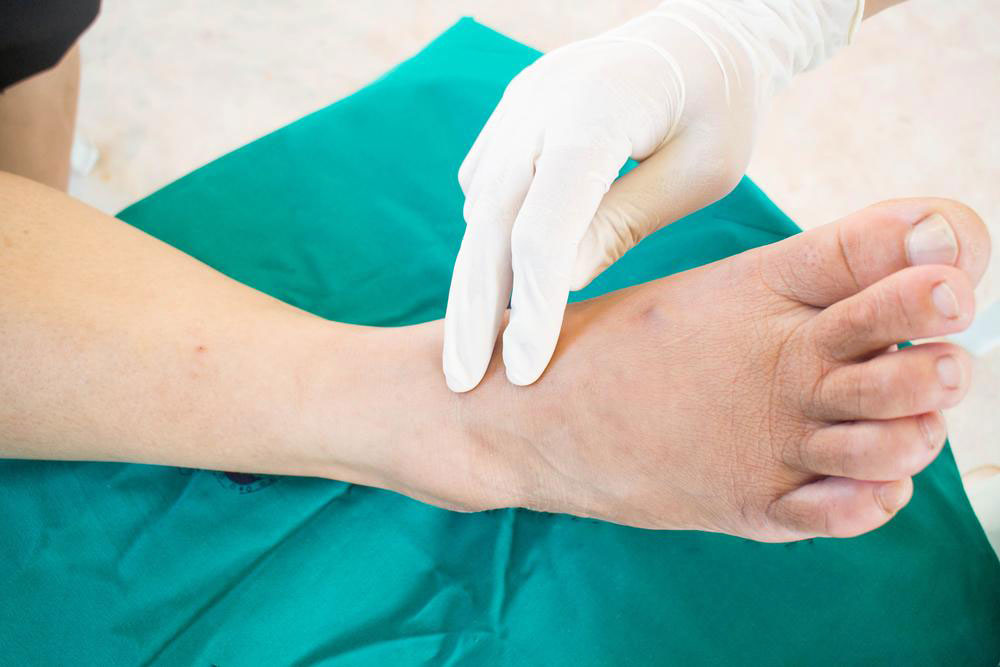Comprehensive Overview of Peripheral Nerve Damage: Causes, Symptoms, and Treatment Options
Peripheral neuropathy is nerve damage affecting sensory, motor, and autonomic functions, leading to symptoms like pain, numbness, and coordination issues. Causes range from diabetes and infections to genetic factors. Early diagnosis and appropriate treatment are key to managing the condition effectively. This article provides a comprehensive overview of causes, symptoms, and management options to help patients understand and address peripheral nerve damage efficiently.

Comprehensive Overview of Peripheral Nerve Damage: Causes, Symptoms, and Treatment Options
The peripheral nervous system is vital for transmitting signals between the body's organs and the brain. When these nerves are damaged due to injury, illness, or external factors, it results in peripheral neuropathy, disrupting normal nerve function. This can lead to pain without a clear cause, numbness, or abnormal sensations, affecting sensory, motor, and autonomic functions, and subsequently impacting daily activities.
Common Causes of Peripheral Neuropathy:
Various factors can damage nerves, either individually or combined. Common causes encompass injuries, infections, hereditary conditions, and illnesses. It is especially common among seniors and individuals with diabetes or obesity. Notable causes include:
- Diabetes mellitus
- Alcohol abuse
- Nutritional deficits
- Hereditary and acquired nerve disorders
- Chemotherapy and cancer treatments
- Infections like Lyme disease, HIV/AIDS, or shingles
- Autoimmune conditions
- Bone marrow issues
- Kidney or thyroid dysfunctions
- Undetermined origins (idiopathic neuropathy)
Recognizable Symptoms:
Peripheral nerves include sensory, motor, and autonomic fibers, and neuropathy may impact one or multiple types. Typical symptoms involve:
- Tingling or prickling sensations in extremities
- Muscle stiffness or cramping
- Sharp, shooting pains
- Numbness or reduced sensation
- Heaviness or difficulty moving limbs
- Coordination problems or fine motor skill decline
- Blood pressure fluctuations
- Digestive disturbances such as constipation or diarrhea
- Excessive sweating or autonomic irregularities
Approaches to Managing Peripheral Neuropathy:
Treatment options include medications, physical therapy, and lifestyle modifications. Early detection is crucial to prevent worsening. Seek medical advice promptly if symptoms arise or persist to explore suitable treatment strategies.


